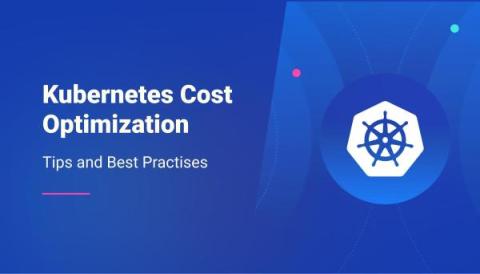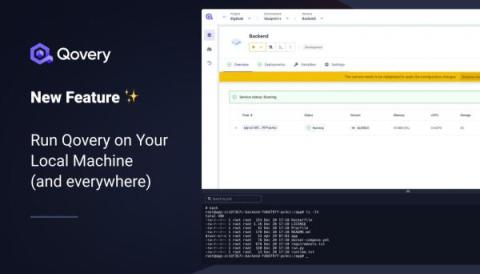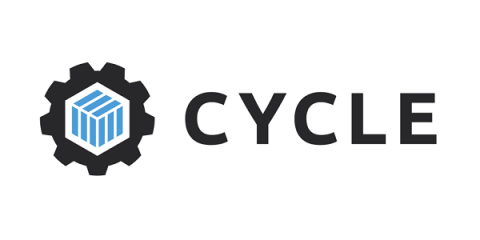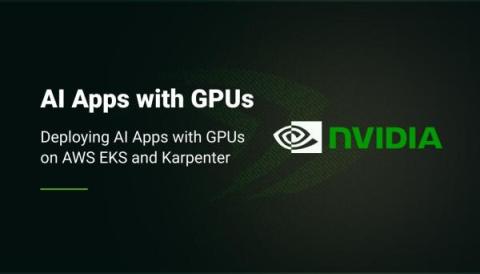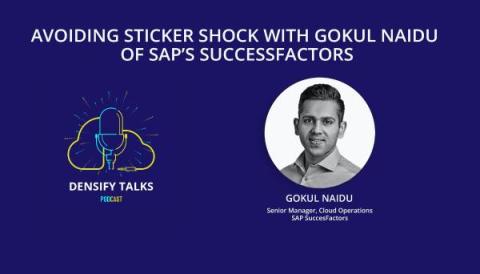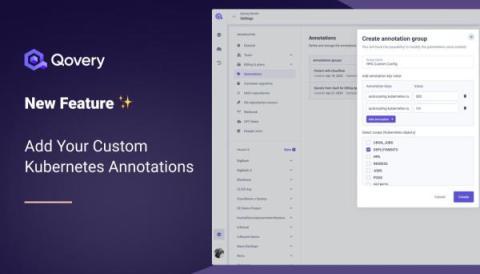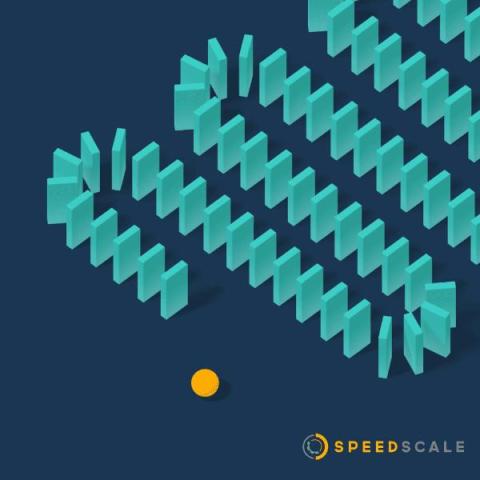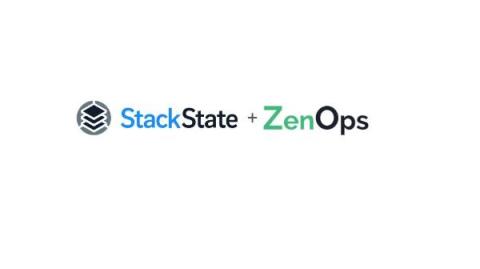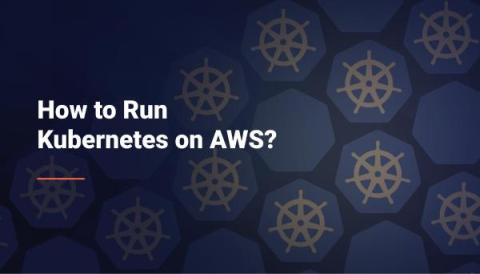Kubernetes Cost Optimization: Tips and Best Practises
Kubernetes has become the go-to solution for container orchestration, but managing Kubernetes costs effectively is challenging for businesses aiming to optimize their IT expenditures. Let’s go through various types of costs associated with running Kubernetes and explore some key strategies and practical tips for Kubernetes cost optimization.


